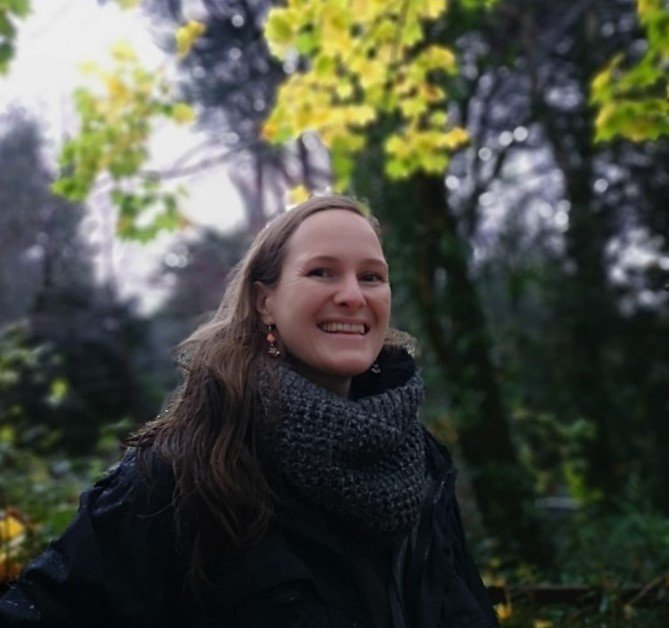Para-statal armed groups, illicit economies and organised crime
Project Live
PROJECT TEAM
Professor Jonathan Goodhand
School of Oriental and African Studies (SOAS)
Contact: jg27@soas.ac.uk
Jonathan Goodhand’s is Professor in Conflict and Development Studies at SOAS. His research focuses on the political economy of conflict and post war transitions with a particular interest in illicit economies, borderland regions and the dynamics of brokerage. He was the Principal Investigator of the UKRI-funded GCRF research project ‘Drugs & (dis)order: building a political economy peace in the aftermath of war’.
Dr Patrick Meehan
School of Oriental and African Studies (SOAS)
Contact: pm42@soas.ac.uk
Patrick Meehan is a Postdoctoral research fellow in the Department of Development Studies at SOAS, University of London. His research explores the political economy of violence, conflict and development, with a primary focus on Myanmar’s borderlands with China and Thailand. He also holds a position as Assistant Professor in Global Sustainable Development at the University of Warwick, where he leads a research project on rare earth mining in the Myanmar-China borderlands. He has conducted research for the UK Government, the World Bank, The Asia Foundation, United Nations Research Institute for Social Development (UNRISD), and The Nordic International Support Foundation (NIS).
Frances Thomson
Independent Researcher, Associate of CIVAD at SOAS
Contact: frances.thomson.lynce@gmail.com
Frances Thomson is an independent researcher and consultant, associated with CIVAD - Centre for the Study of Illicit Economies, Violence and Development at SOAS, University of London. Previously, she was Lecturer in Peace and Development Studies at the University of Bradford and Researcher at SOAS on the Drugs & (dis)order project. She completed her PhD at the University of Sussex in 2019 with the thesis "The political economy of land and dispossession in Colombia". In earlier years, she worked at the Universidad de Caldas and the Universidad Autónoma de Manizales in Colombia and the Guerrand-Hermés Foundation for Peace.
PROJECT SUMMARY
Whilst a great deal of effort has been directed towards making peace processes, and the political settlements that underpin them, more ‘inclusive’, there is limited work focused specifically on paramilitaries and their connections to organised crime. Paramilitaries present different challenges for war-to-peace transitions compared to anti-government insurgents. While both types of groups may engage in criminality, paramilitaries have different relations with the political establishment, creating a distinct nexus between paramilitaries, illicit economies, and organised crime, with important practical implications.
However, ‘best practice’ in conflict management, peacebuilding, post-war crime reduction and related policy recommendations tends to be shaped by experiences with insurgents and/or do not distinguish between different types of armed actors. This is a serious blind spot that this project has begun to tackle.
Phase one of the project examined the nexus between paramilitaries, illicit economies and organised crime, with a focus on the borderlands of Afghanistan, Myanmar and Colombia, producing two research papers. The first conceptualises coercive brokerage and outlines how the concept advances the literature on militias and paramilitaries, with the second using the concept for a comparative analysis of the paramilitary-organised crime nexus in the three focal borderlands. These papers explore four interconnected questions and lines of enquiry:
What is the relationship between coercive brokers, public authority and frontier governance?
How, and with what effects, do paramilitaries become involved with illicit economies and organised crime?
What is the relationship between paramilitaries, organised crime and politics?
What policies or policy combinations can more effectively address the phenomenon of coercive brokerage in conflict-affected borderlands?
Phase two convened senior policymakers and practitioners working on paramilitary violence and organised crime in war to peace transitions. A policy lab method was used to provide a safe space to engage in the difficult conversations necessary to explore new approaches. The ideas generated through the lab are informing the production of an analytical framework that can guide policymakers and a set of policy recommendations for addressing the challenges posed by paramilitaries in specific intervention areas. Case studies highlighting key lessons from policy interventions that have sought to address the paramilitary-organised crime nexus in Colombia, Myanmar and Northern Ireland also emerged from the policy lab process. Phase two publications will be available in early 2025.
PUBLICATIONS
-
Coercive Brokerage: The paramilitary-organised crime nexus in borderlands and frontiers working paper I (SOC ACE Research Paper RP26)
Coercive Brokerage: Paramilitaries, illicit economies and organised crime in the frontiers of Afghanistan, Colombia and Myanmar - working paper II (SOC ACE Research Paper RP28)
-
Publications from this project will be posted here when available




